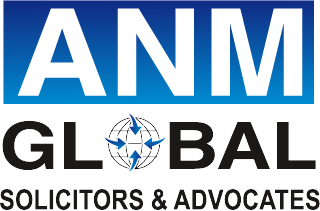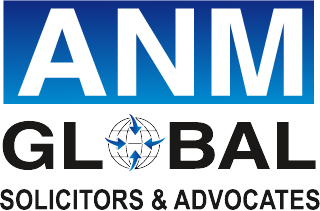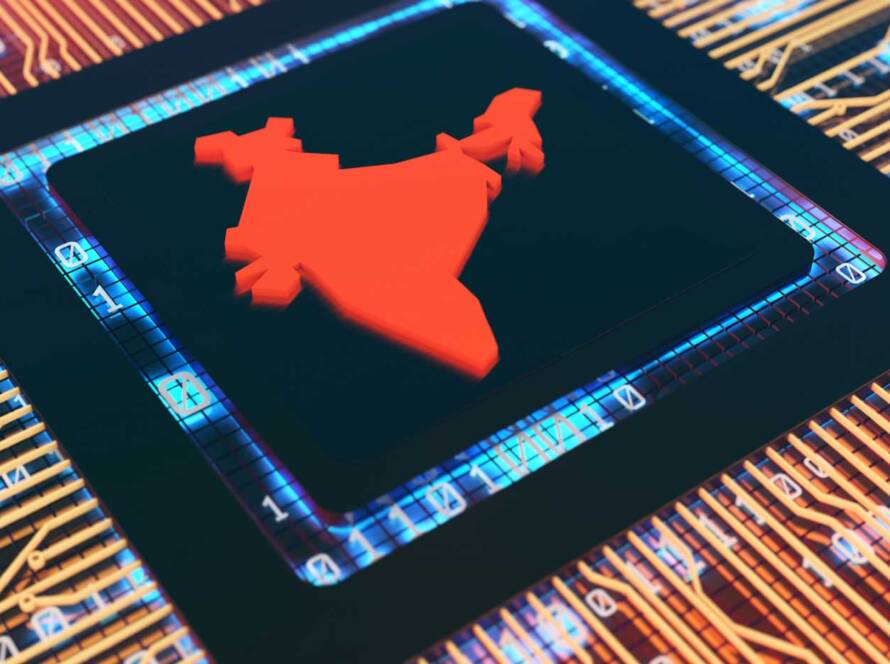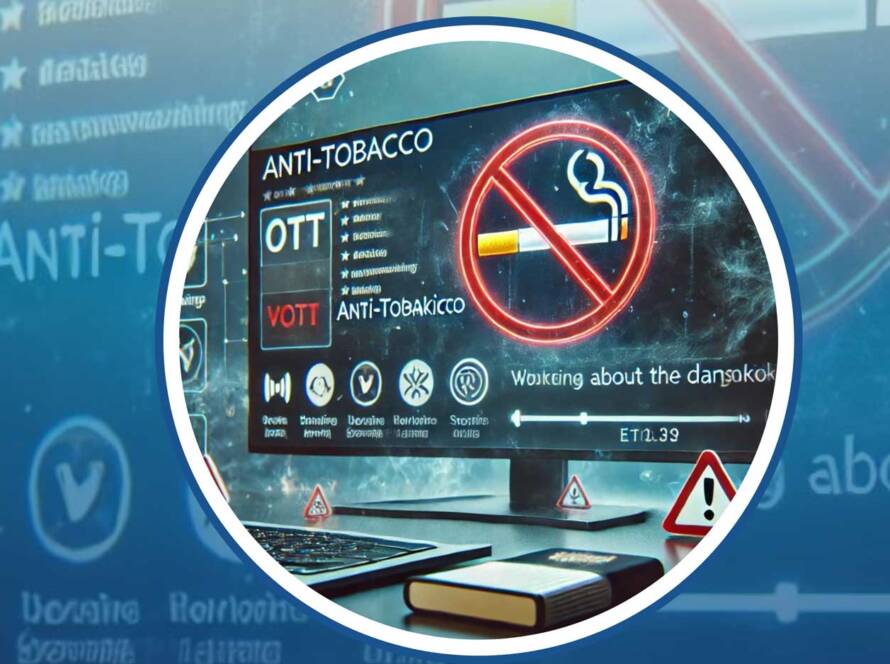Section 10 of IBC
By Shikha Goenka Ginodia, Partner
The Insolvency and Bankruptcy Code, 2016 (IBC), was enacted to streamline insolvency proceedings and ensure timely resolution of corporate distress. However, the COVID-19 pandemic created an extraordinary economic situation, and the Government of India responded with amendments to the IBC, introducing Section 10A. This provision was added to offer temporary relief to businesses struggling due to the pandemic by preventing the initiation of insolvency proceedings under certain sections of the IBC.Key Provisions of Section 10A
Section 10A of the IBC was introduced via an ordinance on June 5, 2020, and later incorporated into the statute through the Insolvency and Bankruptcy Code (Second Amendment) Act, 2020.[1] The main features of Section 10A are as follows:1. Suspension of CIRP Initiation:
Section 10A bars the initiation of the Corporate Insolvency Resolution Process (CIRP) under: Section 7 (by financial creditors), Section 9 (by operational creditors), and Section 10 (by the corporate debtor itself). This suspension applies to any default that occurs on or after March 25, 2020.2. Period of Suspension: March 25, 2020 -March 24, 2021
Initially, the suspension period was for six months, but it was extended to a maximum of one year, ending on March 24, 2021. During this period, no application for initiation of CIRP could be filed for any default arising after March 25, 2020.3. Permanent Exemption:
Section 10A provides that defaults occurring during this period are permanently exempt from triggering insolvency proceedings under Sections 7, 9, and 10. Even after the expiration of the suspension period, no application can be filed for defaults that arose between March 25, 2020, and March 24, 2021.Judicial Precedents on Section 10A
Since the introduction of Section 10A, several courts and tribunals have interpreted the scope and impact of this provision, especially in terms of protecting debtors from CIRP filings for defaults during the suspension period. Below are notable judicial precedents that clarified the implication of Section 10A.A. Default occurring from 25.03.2020 to 25.03.2021
1. Ramesh Kymal v. Siemens Gamesa Renewable Power Pvt. Ltd. [(2021) Supreme Court[2] Facts:
In this case, the application was filed on 11 May 2020 for a default that occurred after 25 March 2020. The Adjudicating authority and NCLAT had dismissed the application filed by Operational creditor as not maintainable. The issue in this case was whether the provisions of Section 10A stand attracted to an application under Section 9 which was filed before 5 June 2020 (the date on which the provision came into force) in respect of a default which has occurred after 25 March 2020. Ruling: The Supreme Court upheld the dismissal of the CIRP application, confirming that Section 10A would bar any application for defaults occurring during the suspension period. The Hon’ble Apex Court emphasized that the retrospective bar on the filing of applications for the commencement of CIRP during the stipulated period does not extinguish the debt owed by the corporate debtor or the right of creditors to recover it.2. Office Beanz Pvt. Ltd. vs [NCLAT, New Delhi][3]
Facts: The Appellant submitted that Section 10A merely prohibited the filing of applications during the period of the bar, but the debt itself remained intact. Ruling: The Hon’ble NCLAT once again clarified that this prohibition remains effective even after the period covered by Section 10A has expired, meaning that no applications can be filed for defaults that occurred during this period.B. Continuing Default under 10A, IBC
Facts: Beetel Teletech vs. Arcelia IT Services [NCLAT, New Delhi][4] On December 15, 2021, the Operational Creditor filed an application under Section 9 of the Code to initiate CIRP. The NCLT Delhi via its order dated 17.10.2022 had dismissed the application filed under Section 9 of the Code stating that the Operational Creditor failed to prove that the unpaid operational debt exceeded the minimum threshold of Rs.1 crore required for initiation of CIRP. Ruling: The Appellate Tribunal allowed the appeal and set aside the NCLT Delhi’s order. The Hon’ble Tribunal held that, if the default is committed prior to the Section 10A period and continues in the Section 10A period, there is no bar on the initiation of CIRP proceedings. Ruling: The Appellate Tribunal allowed the appeal and set aside the NCLT Delhi’s order. The Hon’ble Tribunal held that, if the default is committed prior to the Section 10A period and continues in the Section 10A period, there is no bar on the initiation of CIRP proceedings. Further, the view that the liability of interest that accrued during the said period should not be computed for triggering CIRP is erroneous. It also held that as per Section 60 of the Indian Contract Act, 1872 when a debtor makes a payment without specifying how it should be allocated, the creditor has the discretion to decide how to apply it to clear any remaining debts and the creditor can use it to its maximum advantage.C. Section 10A vis-à-vis Personal Guarantor proceeding
Indiabulls Housing Finance Ltd. v. Mohit Singh [NCLT, New Delhi][5] Facts: The Applicant provided a loan to the Corporate Debtor, Shipra Leasing for housing projects, secured by a personal guarantee. On 10-12-2020, a demand notice was served under Section 95(4)(b) of the IBC. The personal guarantor argued that the default occurred during the suspension period under Section 10-A of the IBC Code. Ruling: The NCLT rejected the applicability of Section 10A IBC on the personal guarantors. The NCLT relied on Amit Jain v. Siemens Financial Services (P) Ltd, where the NCLAT held that Section 10-A of the IBC is not applicable to proceedings against the personal guarantors under Section 95 of the IBC.Conclusion
While the rationale was to protect the interest of corporate debtors who suffered due to Covid- 19 pandemic and the lockdown imposed during that time, the introduction led to various questions under the law. The judicial precedents have accordingly time and again clarified the scope and purpose of Section 10A and have held that the default occurred during the suspension period are permanently protected from insolvency proceedings.– Shikha Ginodia, Partner
Footnotes
1 Insolvency and Bankruptcy Code (Second Amendment) Act, 2020
2 Civil Appeal No. 4050 of 2020
3 Company Appeal (AT) (Insolvency) No. 1725 of 2024
4 Company Appeal (AT)(Insolvency) No. 1459 of 2022
5 IB-58(ND)/2021 And IA-892/2022




